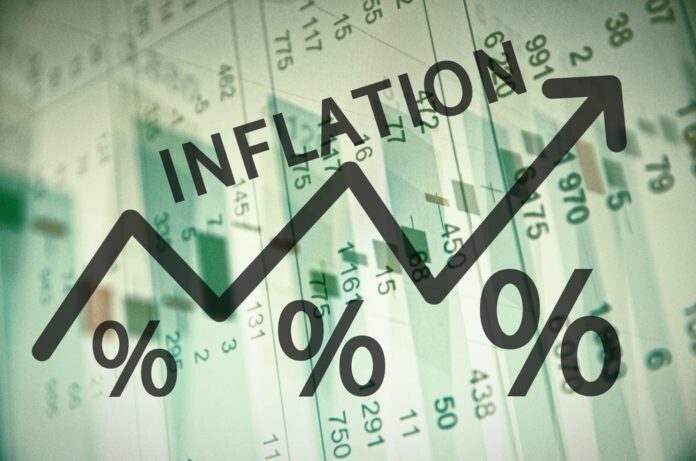The National Bureau of Statistics (NBS) is expected to publish Nigeria’s inflation data for October on November 15. Based on current market surveys and time series forecasts, headline inflation is projected to climb to 33.29%, up from 32.70% in September. This increase reflects the ongoing impact of higher petrol prices and currency depreciation, marking a second consecutive month of rising inflation following a previous two-month decline.
While the anticipated inflation rate remains below the June peak of 34.19%, this upward trend highlights persistent economic challenges. Core inflation, which excludes volatile items like food and energy, is expected to rise to 27.62%, while food inflation may reach 38.34%. However, analysts predict a slight moderation in monthly inflation, expected to fall to 2.17% in October from 2.52% in September. This decline suggests that inflation rates may be approaching a point of moderation, although uncertainties around the exchange rate persist.
Exchange Rate-Driven Pressures on Domestic Prices
The exchange rate has had a significant transmission effect on Nigeria’s inflation. The naira’s recent volatility in the forex market has been a crucial driver, with rates fluctuating from a record low of N1,900/USD in February to N1,210/USD in April, aided by the Central Bank of Nigeria’s interventions. Presently, the naira trades at N1,730/USD after a dip to N1,758, reflecting continued forex market pressures that amplify domestic price levels.
The comparison to last year’s exchange rate of N805/USD, combined with a 27.33% inflation rate at that time, further illustrates the inflationary pressures that stem from the depreciated naira. The “base year effect” makes the current inflationary conditions even more pronounced, as the weaker naira significantly impacts import costs, adding pressure on prices.
Implications for Monetary Policy
With the exchange rate emerging as the primary driver of inflation in Nigeria, the Monetary Policy Committee (MPC) will be closely monitoring forex fluctuations. If the naira stabilizes or appreciates, the MPC might maintain the current monetary stance. However, should the naira depreciate further, the MPC may face pressure to tighten rates to curb inflation.
The upcoming inflation report will be a critical indicator for policymakers, businesses, and consumers alike, as the country grapples with the dual challenges of currency depreciation and inflationary pressures.
Stay tuned to 9am News Nigeria for more Breaking News, Business News, Sports updates And Entertainment Gists.
















